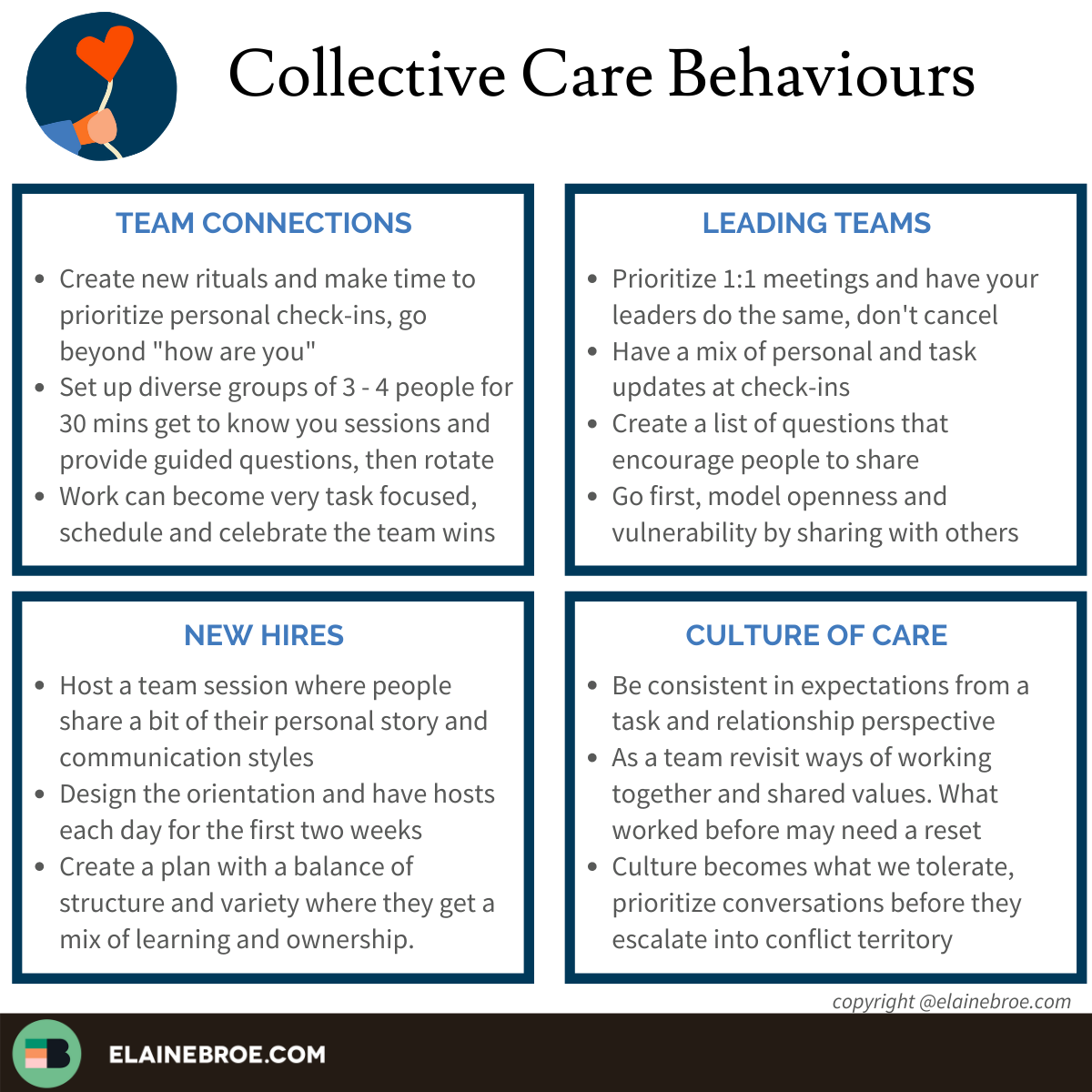Self-care isn’t Reliable
Mar 25, 2021
Art by: Anna Kövecses
Burn-out isn’t an end result.
Let’s help ourselves when we’re on fire.
A friend of mine recently shared a story where her husband took a drive to a nearby town, unbeknownst to her. A short trip to a fairly unexciting location for errands. When he innocently mentioned it in passing a few days later, she had a visceral reaction that surprised them both.
“What? Why wouldn’t you tell me you were going?”
“To Cochrane? You wanted to come to Cochrane,” he asked incredulously.
“I don’t even know what I want anymore,” she said, “I just wanted the choice.”
Anyone else recently feel that way? Lately, I experience competing emotions around the comfort of predictability struggling against the desire for variety.
Warning Signals
While there has been a focus on self-care this past year, there is value in developing our skill of collective care. Strengthening our social and relational skills to support the people in our life without them having to request it.
This past year has taught us about the impacts of cumulative stress and dealing with uncertainty on a regular basis. The concept of burn-out tends to live in the extreme depiction of being utterly incapable of functioning. As a society, we talk about burn-out as the end result, instead of an insidious progression with varied phases, warning signals and outcomes.

Through collective care behaviours, colleagues and friends are on the lookout. Which is important, because so many adults in the workplace don’t see early warning signs and can be reluctant to ask for help. Yes, I’m looking at you.
I had a moment after reading this article on types of burnout, seeing warning flags for myself in the internal passive category. Use the examples below to do a short check-in with yourself and your people.

Micro Behaviour Shifts
Here are a few behaviours that may be considered counter-culture within fast-paced execution-focused environments. Frequently, we’re being asked to do more with less, our energy is depleted, and our emotional bank account is in overdraft. The idea of leading through collective care may be scary when you feel like you can’t prioritize yourself.
That’s why I said Collective Care and not Superhero Care. Take a moment to explore this list of micro-shifts that can increase emotional support and help to identify early warning signals within your teams.

A coaching client recently experimented with “get to know you sessions” booking 30 minutes with small cross departmental groups. Although he was the organizer, he shared he was also a skeptic. He was a convert after the first call, learning about what colleagues cared for, their hobbies and stories.
Collective care makes sense. When we’re not at our best, it’s challenging to create strategies to help ourselves. It’s invaluable to have the support of colleagues and friends with more emotional capacity than we have. As a leader of people entering another year of change, it’s imperative we invest in relationships and strengthen trust. With trust, we can anticipate and take action on the needs of our people.
Take a moment and check in with your passive and active behaviours. Who are the people you want to consciously support? Or maybe it’s time for you to ask for help, knowing you can return the favour when the time is right.
–EB
Follow @leadershipcollaboratory on instagram for leadership tips and behaviour tools.
Subscribe to the Random Acts of Learning newsletter, thoughtful yet infrequent insights from our world to yours. Mostly about being the best humans we can possibly be, within reason of course.


